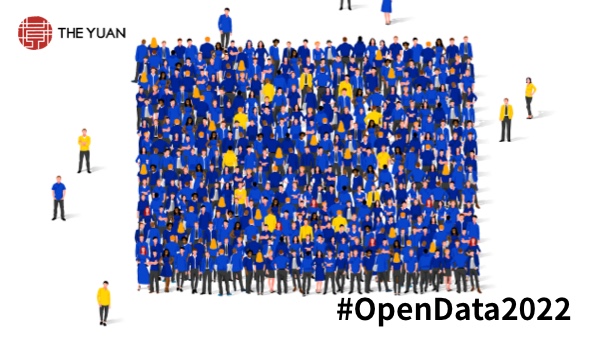


LISBON - Each year, about 15 million people worldwide suffer a stroke. Of these, the World Health Organization estimates this results in approximately 5 million deaths and another 5 million people who are permanently disabled - further impacting the burden of disease.1 According to the British Heart Foundation,2 cardiovascular diseases (CVDs), including strokes, are some of the leading causes of global deaths.2 While medical professionals rely on physical tests and computer tomography scans to detect strokes, many people are still unaware of the risk until after they suffer an episode.
Following a stroke, a person's outcome largely depends on the severity and ability to access emergency medical services. If a person can get to the hospital within three hours, doctors can administer a medicine called a 'thrombolytic' to dissolve blood clots. However, far too many people cannot get to the hospital in time to receive effective thrombolytic treatment. One 2021 study assessing the risk and outcome of stroke patients found that the "majority of stroke patients had poor outcomes."3
Current guidelines put forth by the American College of Cardiology and the American Heart Association recommend clinicians estimate a person's ‘10-year risk’ of suffering major CVDs events to establish who should get a statin - a medicine that reduces low-density lipoprotein blood cholesterol - for primary preventive therapy.4 Doctors calculate this risk using the atherosclerotic cardiovascular disease (ASCVD) risk score.5 This is a statist
The content herein is subject to copyright by The Yuan. All rights reserved. The content of the services is owned or licensed to The Yuan. Such content from The Yuan may be shared and reprinted but must clearly identify The Yuan as its original source. Content from a third-party copyright holder identified in the copyright notice contained in such third party’s content appearing in The Yuan must likewise be clearly labeled as such. Continue with Linkedin
Continue with Linkedin
 Continue with Google
Continue with Google









 1070 views
1070 views








